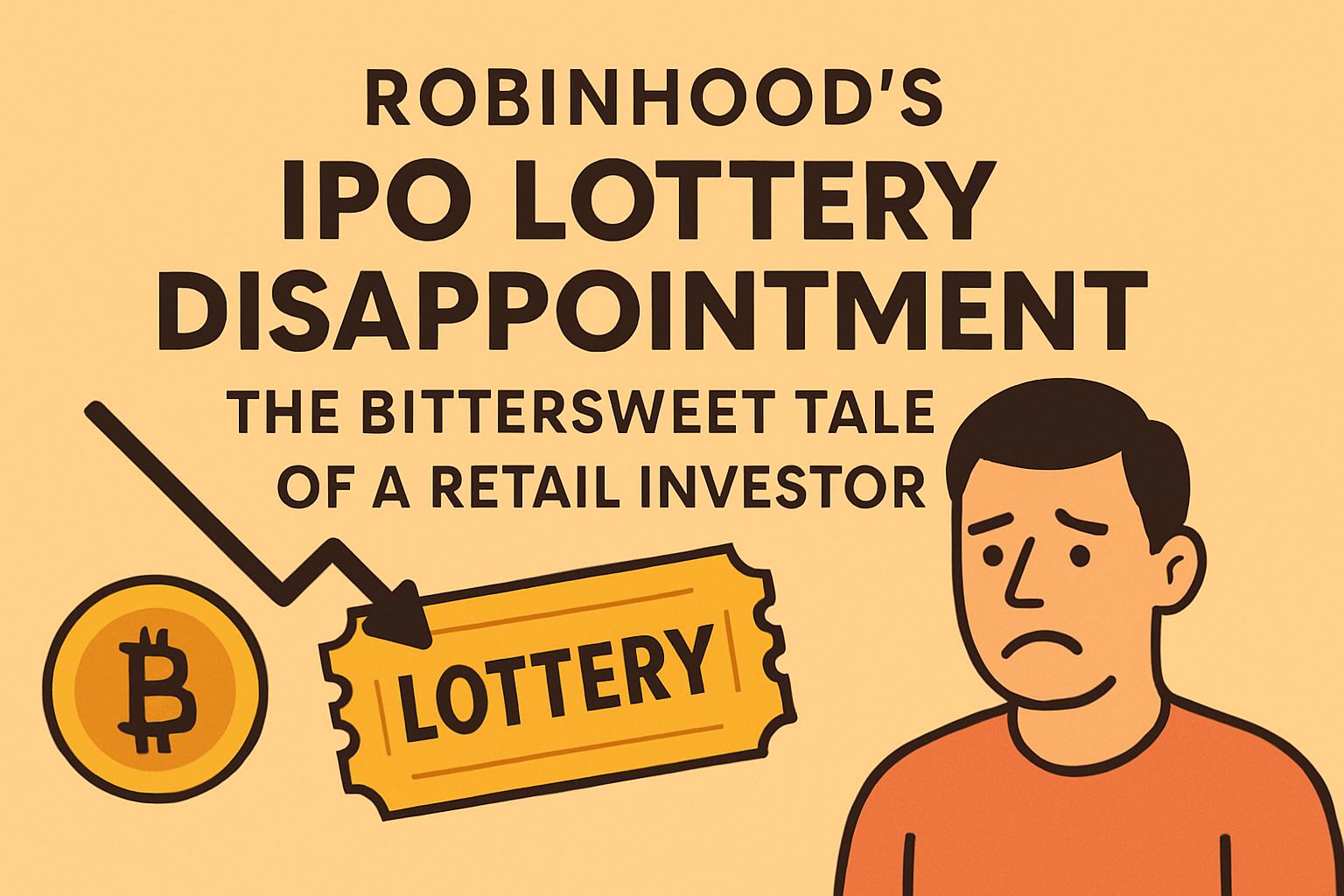Figma’s IPO was a headline-grabbing event in the tech world, stirring excitement from Silicon Valley to Wall Street. On July 31, Figma Inc. (NYSE: FIG) officially debuted on the New York Stock Exchange, becoming the talk of the town. Known for its collaborative design platform, Figma is cherished not only by designers but also by tech giants like Google and Airbnb. Once eyed by Adobe for a $20 billion acquisition, only to be rejected by regulators, Figma’s allure was undeniable.
As Figma’s shares opened at $85, surging well beyond its $33 issuance price, investors saw their fortunes multiply. By the end of its first trading week on August 15, the stock stabilized at $79, leaving many investors content, but not all shared their joy.
Robinhood’s IPO Access: A New Hope for Retail Investors
Investment opportunities during IPOs were traditionally dominated by big financial institutions, leaving retail investors scrambling for scraps. In 2021, Robinhood’s IPO Access Program aimed to democratize this process, enabling average investors to purchase shares at the IPO price before they hit the open market. When Figma’s IPO became available, Benzinga contributor Tom Gentile immediately took action, eager to purchase 1,000 shares at $33 each, totaling a $33,000 investment.
The Emotional Roller Coaster of IPO Day
Tom’s anticipation was through the roof when he committed to investing in Figma. As the stock rocketed, the potential profit from his planned purchase soared past $80,000. However, a subsequent email from Robinhood delivered a crushing reality; his request for 1,000 shares was partially filled—he received a single share instead, priced at $33.
Robinhood’s IPO Process: A Game of Chance
This scenario felt more like a lottery than a marketplace. While prepared to plunge into the market, Tom’s reality was akin to winning a consolation prize from a giant raffle. This outcome was a testament to Robinhood’s randomized allocation policy, designed to offer equal opportunity amongst retail investors, but yielding unpredictable results.
The Harsh Reality of IPO Participation
The tales of disappointment aren’t unique to Tom; numerous voices echoed on Reddit, lamenting missed opportunities, some receiving nothing at all. Additionally, investors facing dismay can’t swiftly cash out due to Robinhood’s anti-flipping policy, which freezes accounts from participating in future IPOs for 60 days if shares acquired during an IPO are sold within 30 days.
For many retail investors, the Figma IPO experience underscored the volatile and sometimes unfair nature of market opportunities, where even readiness doesn’t guarantee entry.

![[News] Bitcoin at a Turning Point? 10x Research Signals a Bullish Macro Shift Ahead](https://cryptoexplores.com/wp-content/uploads/2025/06/new20250616.jpg)
![[News] Binance Lists $HOME, the Gas-Free, Bridge-Free All-in-One DeFi App](https://cryptoexplores.com/wp-content/uploads/2025/06/news20250617.jpg)